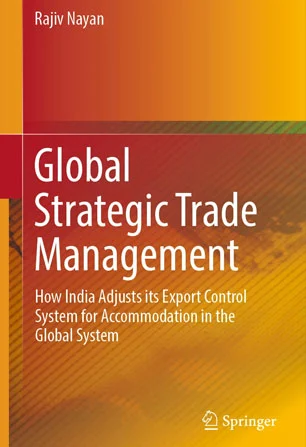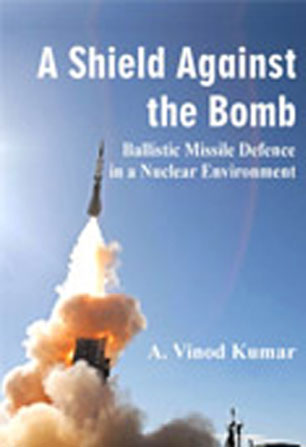Hu Jintao’s Visit to the United States: Uneasy Partnership
During his four-day visit to the United States from April 18 to 21, 2006, President of the People's Republic of China (PRC) Hu Jintao attended a dinner hosted by Microsoft founder Bill Gates, visited the Boeing plant at Seattle, met President George W. Bush at the White House, attended a dinner hosted by US business firms like Wal-Mart, General Motors, Citigroup and Walt Disney and addressed the Yale University in New Haven.
- Srikanth Kondapalli
- May 09, 2006








